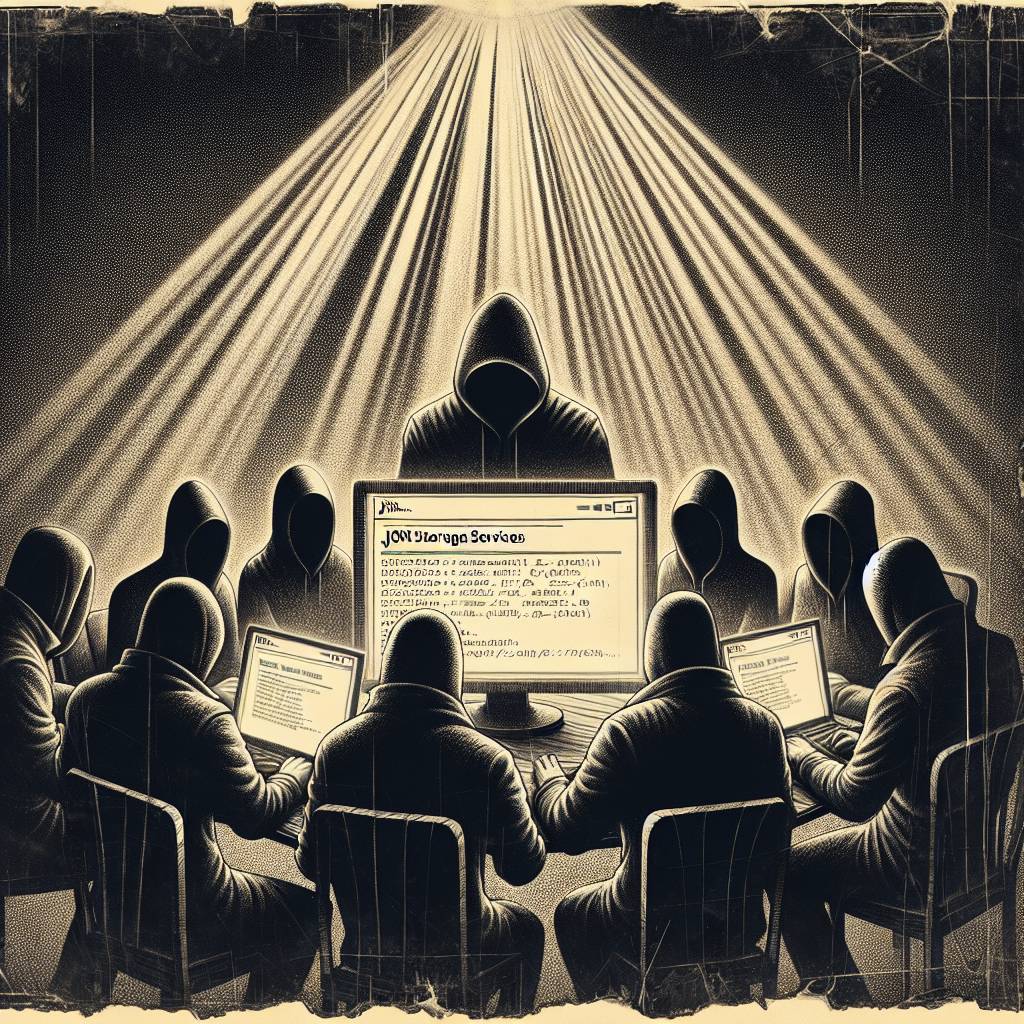North Korean Hackers Get Crafty: JSON Storage Services Now Delivering Malware!
North Korean threat actors behind the Contagious Interview campaign are now using JSON storage services to stage malicious payloads. These cyber tricksters lure targets via LinkedIn, promising job assessments or project collaborations, only to deliver malware disguised within demo projects hosted on platforms like GitHub and Bitbucket. Sneaky, right?

Hot Take:
North Korean hackers are the craftiest coders on the block! They’ve got more tricks up their sleeves than a magician with a penchant for cyber espionage. From JSON storage to job offers, they’re the true masters of disguise—one minute they’re offering you a job, the next they’re pilfering your sensitive data. Who knew LinkedIn could be so hazardous? Just remember, if an offer sounds too good to be true, it probably comes with a side of malware.
Key Points:
- North Korean hackers are using JSON storage services to deploy malware.
- The campaign targets professionals on LinkedIn with fake job offers.
- Malicious payloads are disguised within legitimate projects on GitHub and GitLab.
- JavaScript malware known as BeaverTail acts as the initial payload.
- Additional payloads are fetched using Pastebin and offline onion addresses.
